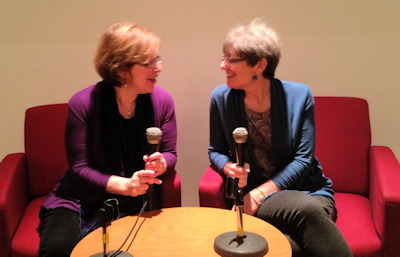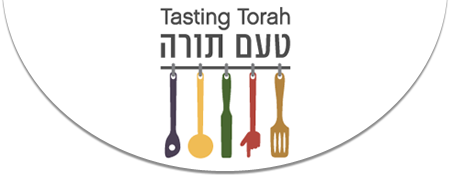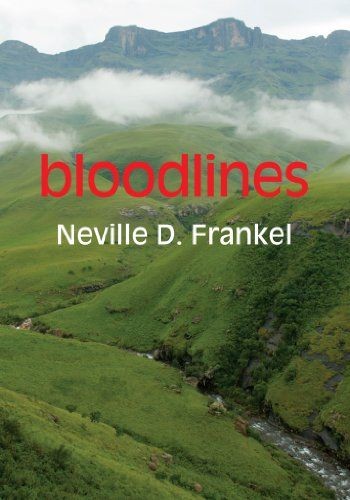I've been retired for six years now from teaching high school history, but sometimes I can't help reading the news and turning it into a lesson plan, or, in this case, three lesson plans.
Melania's speech was perfect material for the first week of school. So, English and history teachers, enjoy the dog days of summer and stop scrounging around for introductory units. I'll share my thoughts for your beginning lessons.
Lesson #1: What is Plagiarism
Both history and English teachers spend a lot of time defining plagiarism and trying to convey to students why it's wrong. While students are deftly thumbing texts to their friends while we speak, it's hard to make sure the lesson sinks in. But, side by side comparisons of Michelle Obama's Denver speech and Melania's Cleveland address should demonstrate quite neatly what plagiarism looks like. Even if you change one or two words, it's still plagiarism.
Smirking students believe they can get away with plagiarism if they're clever. It's probably time to alert students to turnitin.com and to sign on to the service if your school isn't already using it. Many of us were clued into plagiarism when our monosyllabic students produced a coherent paragraph with complex sentences and high falutin' words. Encyclopedia style language usually meant the work was copied directly from the encyclopedia.
Lesson #2: Why plagiarism is wrong
Melania faces no substantive consequences for her plagiarism. I'd like to imagine Donald Trump saying to his wife, "You're fired!" but it won't happen. It hasn't even happened to her speechwriter. Trumpophiles will ignore the "lapse" and plagiarism may not lose Trump the Ohio electoral votes, so here's the moment to let your students know your school is a lot more serious about the consequences for plagiarism. In our school, it meant an F on the assignment and suspension.
Students may think that college with its large lectures means anonymity and professors won't have time to catch plagiarism. Not necessarily true. Many college applicants who cribbed their personal essays have learned even before arriving on a college campus that professors may be more attuned to plagiarism than they think. Some may even have some computer skills to uncover plagiarism. As for consequences, plagiarism is an automatic denial for admission and plagiarizing a paper for a course can result in suspension or expulsion.
If you have the inclination, try engaging students in a philosophical discussion of instrumental behavior versus ethical behavior. Students who don't plagiarize because they are fearful of being caught demonstrate instrumental behavior. (See H.J. Eysenck). For psychologist Lawrence Kohlberg who wrote a seminal work on moral development of children, (The Philosophy of Moral Development), this represents level one of moral development—avoidance of punishment. You might try to move high school students to a higher level of morality with a discussion of ethical behavior and why plagiarism is a form of stealing and should be avoided because it's wrong.
Lesson #3: Irony or Paradox (may take longer than one day)
English teachers have been battling students' misperceptions and misunderstanding of these two words for years. Alanis Morissette's song "Ironic" released in 1995 exacerbated the confusion since many of the situations she references in her song are not truly ironic. There is a host of articles bashing the song. You can check those for yourself.This is the perfect time to set up your definitions of the two words.
The ensuing discussion is worthy of an essay which can have a political science bent.
Is it ironic or a paradox that Melania's husband has campaigned against other Republicans and against Hillary Clinton claiming they're "liars,""crooks," "cheaters," etc." while she stole another's words and then denied the action? Make sure to prove your assertions in your essay.
Or, you can quote Trump's tweet,
"Good news is Melania's speech got more publicity than any in the history of politics especially if you believe that all press is good press!" Is it ironic or paradoxical to sidestep the issue of plagiarism and reserve all moral judgments for your opponents? "Discuss amongst yourselves." (Linda Richmond, Coffee Talk on SNL)
More lesson plan fodder is certainly on the horizon before school begins. Perhaps more people ought to contemplate issues we teachers debate in the classroom with our students.




